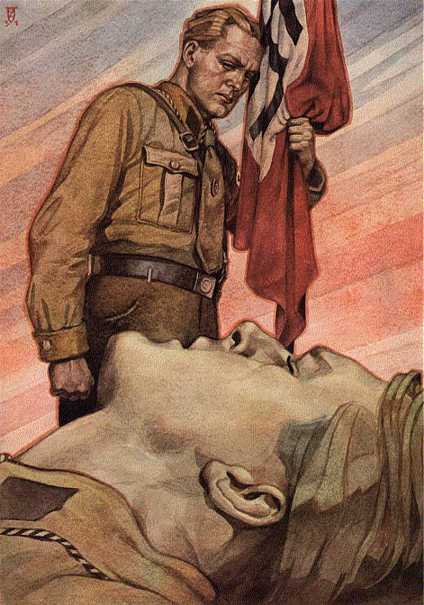Foxkeyes
 Minstrel
Minstrel
I would certainly agree with the idea that many folk lamented the loss of the Soviet Union.My grandmother was born in 1930, Austria, and so grew up with fascism. I don’t know what her beliefs were or what she was told as a child, but she went onto marry a British man and moved away from Austria in the end. I’ve also known quite a few Eastern European folk and I assume many folk lament the loss of the Soviet Union. Going from relying on the state for everything, to then that all collapsing must have been unsurmountable for some of them.
I experienced this a lot in East Germany a few years after the wall came down. This included some of the younger generation, too.
Many in the West thought that the Eastern peoples were happy to be rid of the Soviets. But it wasn't as black and white as that. One prime example was the fighting over property, when those who'd fled to the West during communism returned and claimed their old property back. These properties had been given to East Germans.
Until now, I'd never thought about using those experiences in a story. But this thread has inspired me.
Last edited:

 Archmage
Archmage
 Istar
Istar
 Myth Weaver
Myth Weaver